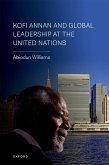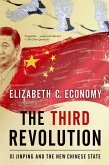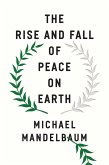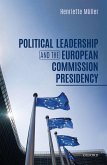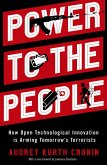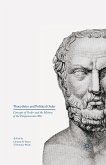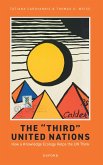The Third UN is the ecology of supportive non-state actors-intellectuals, scholars, consultants, think tanks, NGOs, the for-profit private sector, and the media-that interacts with the intergovernmental machinery of the First UN (member states) and the Second UN (staff members of international secretariats) to formulate and refine ideas and decision-making at key junctures in policy processes. Some advocate for particular ideas, others help analyze or operationalize their testing and implementation; many thus help the UN 'think'. While think tanks, knowledge brokers, and epistemic communities are phenomena that have entered both the academic and policy lexicons, their intellectual role remains marginal to analyses of such intergovernmental organizations as the United Nations.
Dieser Download kann aus rechtlichen Gründen nur mit Rechnungsadresse in A, B, BG, CY, CZ, D, DK, EW, E, FIN, F, GR, HR, H, IRL, I, LT, L, LR, M, NL, PL, P, R, S, SLO, SK ausgeliefert werden.



